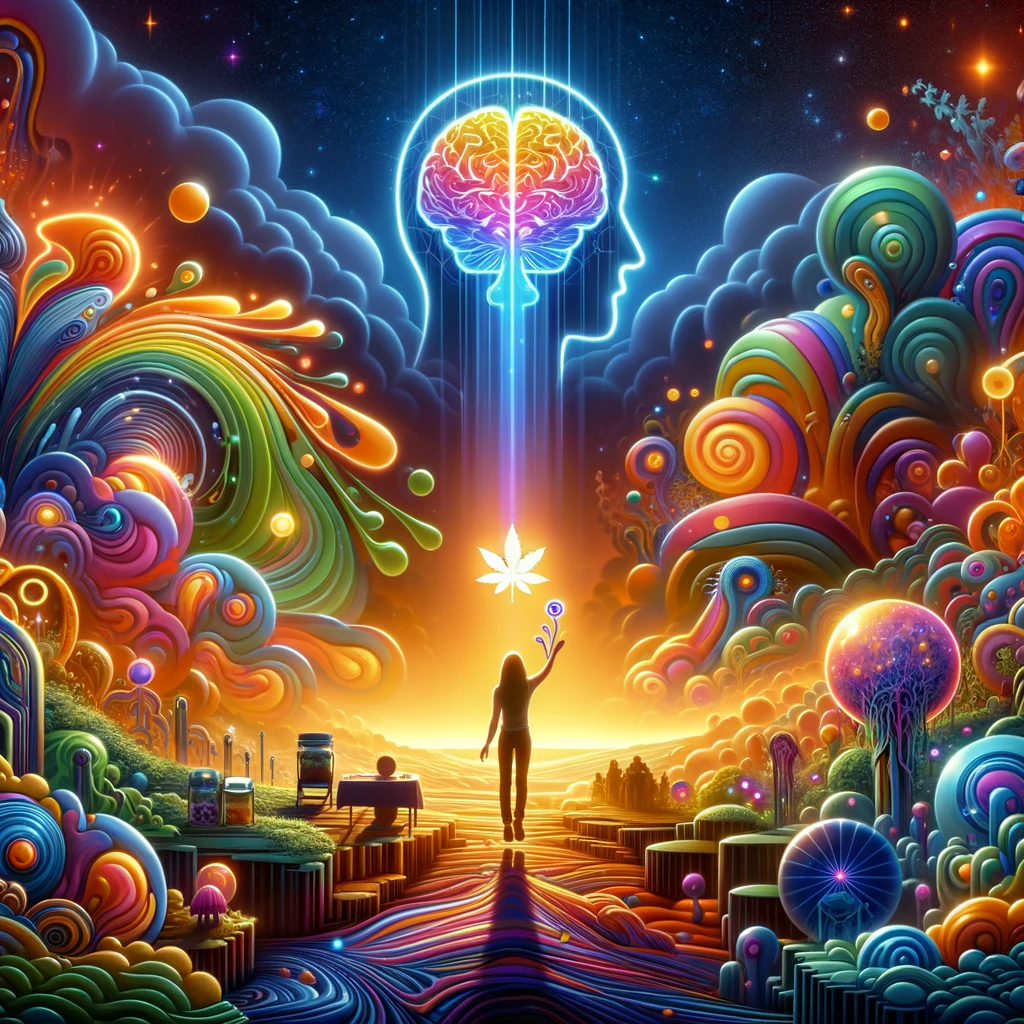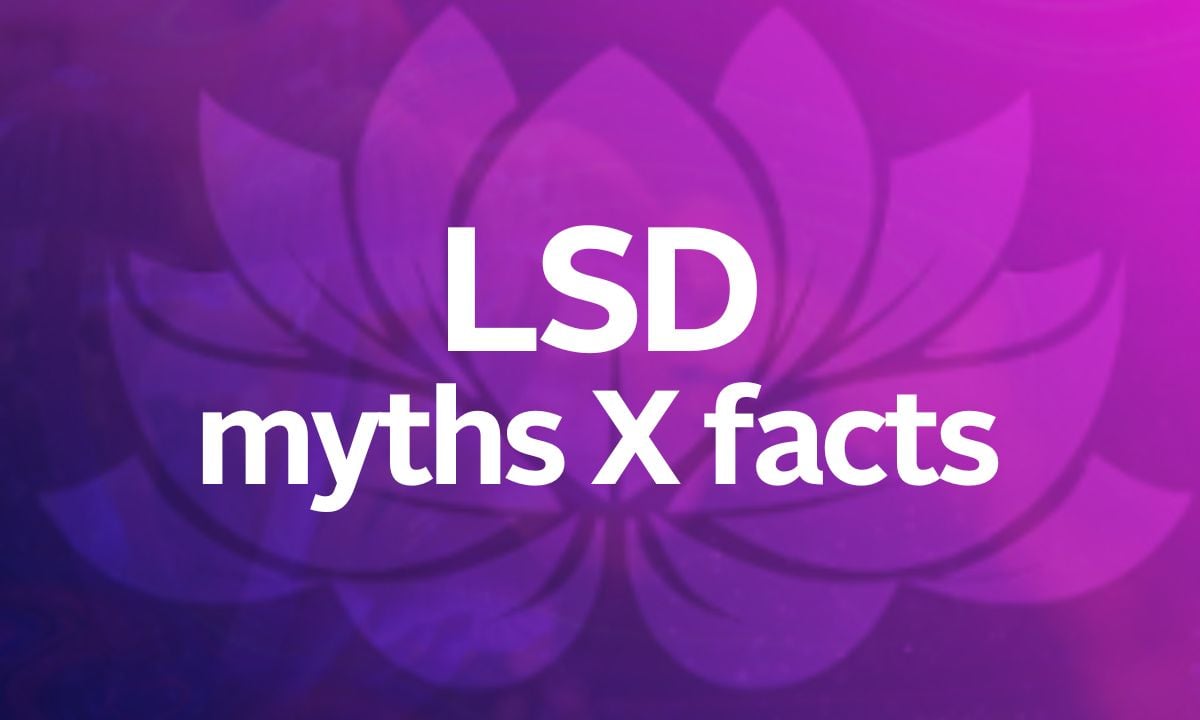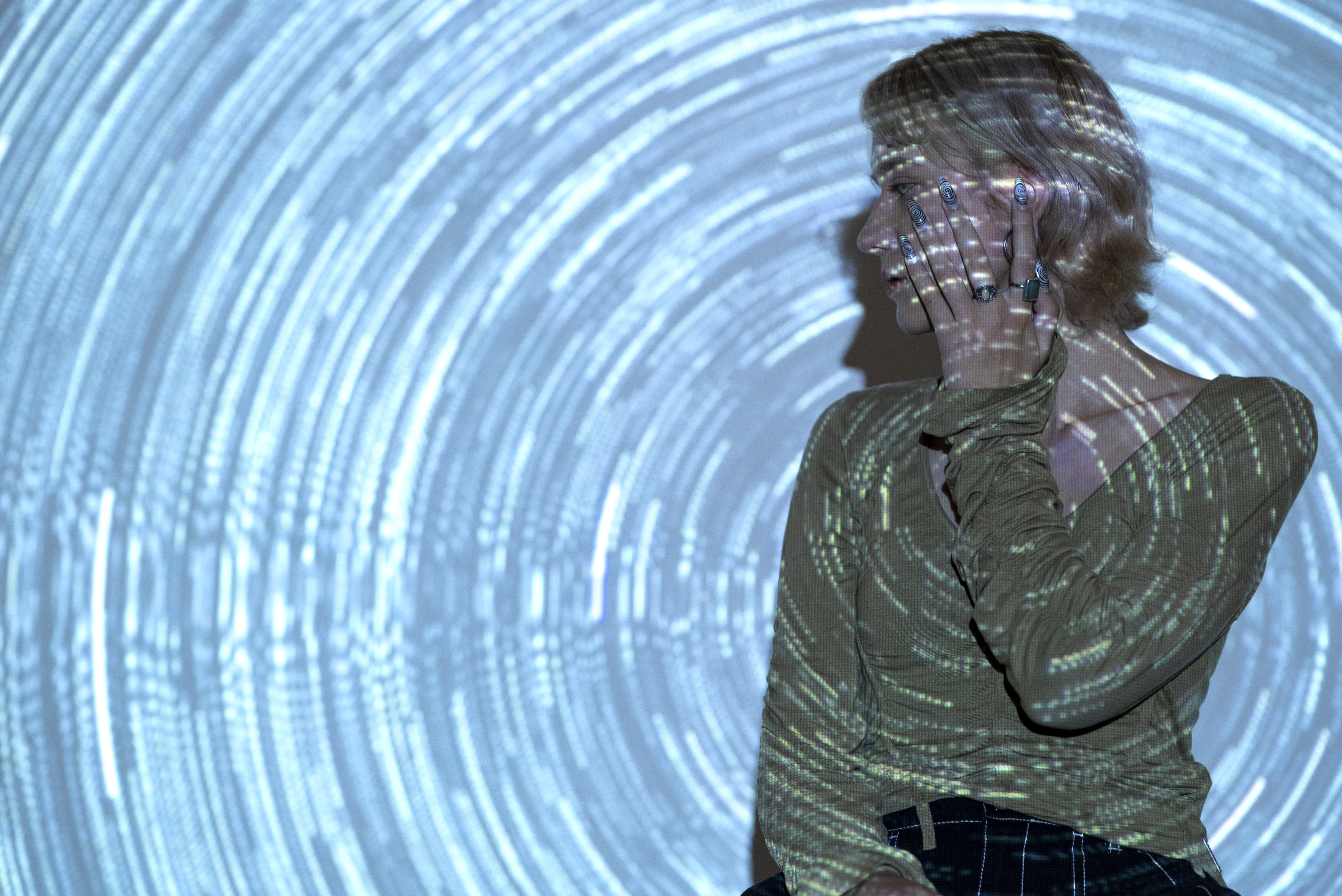Psychedelics: a game-changer in mental health?

The resurgence of interest in psychedelics, once sidelined by regulatory crackdowns and societal skepticism, marks a pivotal turn in the quest for effective mental health treatments. Psychedelic drugs, encompassing substances like psilocybin (found in magic mushrooms), LSD, MDMA (ecstasy), and ayahuasca, have moved from the fringes of scientific inquiry to the forefront of innovative psychiatric research. This article delves into how psychedelics are revolutionizing the treatment of mental illnesses such as anxiety, depression, addiction, and PTSD, the limitations of current pharmaceutical options, and the promising horizon of psychedelic-assisted therapy, underscored by rigorous clinical research aiming for FDA approval.
What Are Psychedelic Drugs, and How Can They Help Treat Mental Illness?
Psychedelic drugs are compounds that alter perception, mood, and various cognitive processes. Unlike traditional psychotropic medications that often offer symptomatic relief through neurotransmitter modulation (e.g., SSRIs for depression), psychedelics facilitate profound, introspective experiences that can lead to significant and lasting changes in mental health conditions.
The therapeutic potential of psychedelics lies in their ability to produce a unique state of consciousness. This state can enable individuals to confront and reframe deeply entrenched psychological issues, facilitating a reorganization of mental pathways. For instance, psilocybin has been shown to decrease the activity of the default mode network, a brain region hyperactive in depression, thereby offering patients a new perspective outside of their depressive thought patterns.
The Limitations of Current Mental Health Medications
Current mental health treatments, while beneficial to many, come with significant drawbacks. Antidepressants, anxiolytics, and antipsychotics often require prolonged usage to become effective, if at all, and can lead to a plethora of side effects ranging from weight gain to sexual dysfunction. Moreover, a substantial portion of patients exhibits treatment resistance, rendering these medications ineffective.
Bridging the Gap with Psychedelics
Psychedelics may bridge the therapeutic gap by offering a radical departure from the traditional symptom-suppressive approach. Clinical studies have demonstrated remarkable outcomes, including sustained remission from depression and anxiety following psilocybin therapy sessions, reduced PTSD symptoms from MDMA-assisted therapy, and decreased addiction rates with the aid of these substances. These results highlight psychedelics' potential to provide more than mere palliation—offering a transformative path to address the root causes of mental distress.
The Importance of Clinical Research Studies
The enthusiasm for psychedelics is grounded in rigorous scientific research. Clinical trials are crucial for establishing the safety, efficacy, and therapeutic protocols of psychedelic-assisted treatments. These studies provide the empirical evidence required to navigate the FDA approval process, ensuring that these novel therapies meet the stringent standards for medical treatments.
FDA Approval: A Glimpse into the Future
As of my last update in April 2023, the FDA has taken significant strides toward integrating psychedelics into mental health care. Recognizing the potential of these substances, the FDA designated MDMA and psilocybin as "breakthrough therapies" for PTSD and treatment-resistant depression, respectively. This designation is intended to expedite the development and review process for drugs that show substantial improvement over existing treatments.
Finding a Clinical Research Site
For those interested in participating in psychedelic research, Segal Trials is pioneering as the first private research facility in Florida to offer psychedelic research and paving the way for advancements in medicine for the world. Offering a full-service center dedicated to Psychedelics Research. With state-of-the-art equipment in a relaxed and comfortable setting to accommodate the clinical research participants. The doctors and staff are experts in psychedelics research and are passionate about patient care.
Conclusion
The renaissance of psychedelics in mental health treatment is more than a nostalgic revival; it's a beacon of hope for millions grappling with mental illnesses. By transcending the limitations of current medications, psychedelics offer a profound, life-altering approach to healing. The continued emphasis on clinical research will undoubtedly pave the way for FDA approvals, integrating these ancient substances into modern psychiatric practice.
This shift towards psychedelic-assisted therapy isn't just about developing new treatments—it's about reimagining the landscape of mental health care. As we stand on the cusp of this new era, the potential for psychedelics to better the lives of those with mental illnesses has never been more promising. The journey ahead is filled with excitement and hope, not just for patients and clinicians, but for society's understanding of mental health and healing.



